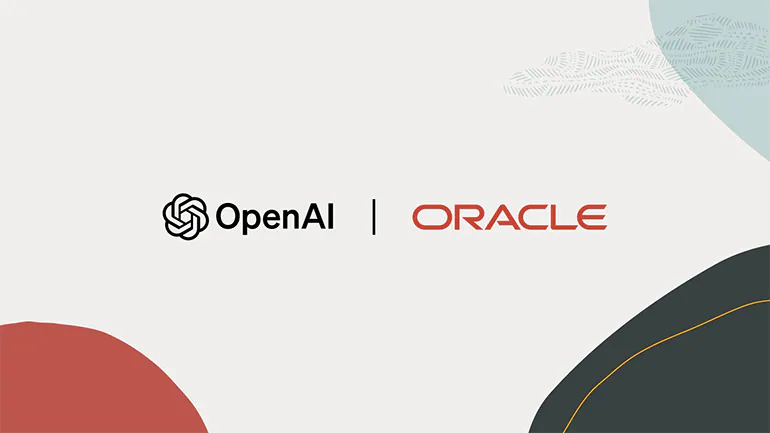Oracle Lands $300 Billion OpenAI Infrastructure Deal, Redefines Cloud AI Landscape

Oracle’s Blockbuster OpenAI Deal: A New Cloud AI Era Begins
Oracle has secured a $300 billion, five-year contract to provide critical cloud infrastructure for OpenAI, marking the largest single AI cloud deal in history[3]. This unprecedented agreement was revealed on September 11, 2025, and sent Oracle’s stock soaring by 36% as financial markets and the tech world absorbed its implications.
Why This Matters
The deal transforms Oracle from a legacy database leader into a dominant force in AI compute. OpenAI, under immense demand for compute power to serve and train its advanced models, reportedly picked Oracle over other cloud giants to scale up operations globally. Oracle’s cloud infrastructure will now undergird projects that shape the future foundations of generative AI, language models, and automation at an unmatched scale.
Massive Revenue Surge and Industry Consequences
Oracle's CEO, Safra Catz, announced that the company’s cloud infrastructure revenue is projected to skyrocket from $10 billion last year to $144 billion by 2030, with this OpenAI deal as the main driver. Contracted revenues for Oracle’s cloud division now total $455 billion over the next several years[3]. Larry Ellison, Oracle’s co-founder, briefly became the world’s richest person during the stock surge, highlighting market confidence in Oracle’s new strategy.
Accelerating the Cloud Infrastructure Race
Industry analysts call this agreement a “watershed moment” for the cloud sector. The partnership is expected to accelerate AI research, fuel global AI adoption, and put pressure on rivals like Microsoft Azure, Google Cloud, and Amazon AWS to match Oracle's performance, reliability, and cost structure. The deal also signals a broader industry shift away from single-vendor dependency in AI compute toward more diversified, “multi-cloud” alliances.
Looking Ahead: The Next Decade of AI Compute
With OpenAI’s projected demand for compute expected to double annually, Oracle’s data centers will likely play a pivotal role in supporting next-gen models and applications. Experts predict a wave of innovation in infrastructure optimization, energy efficiency, and global connectivity as Oracle strengthens its position as OpenAI’s preferred provider. The partnership cements Oracle’s resurgence as an AI powerhouse and could redefine how enterprises approach both cloud adoption and generative AI deployment[3].
How Communities View the Oracle–OpenAI $300B Cloud Deal
The Oracle–OpenAI mega-contract has sparked debate across tech forums and social media.
-
Bullish Market Optimists (approx. 45%): Many on r/technology and X label it a 'masterstroke' for Oracle, seeing it as validation of Oracle Cloud's underestimated capabilities. @thecloudoracle and several financial analysts highlight the stock surge and project further disruption for AWS and Azure.
-
Skeptics Worried about Overreliance (approx. 25%): Posts by r/sysadmin and X users like @cloudskeptic raise concerns about vendor lock-in and whether a single deal can justify such staggering long-term projections. Some point to Oracle's historical reliability issues and ask whether it can scale to OpenAI’s rapidly growing demands.
-
AI Ethics and Sustainability Voices (approx. 20%): Discussions from r/MachineLearning and X commentators like @katecrawford focus on the environmental cost of hyperscale AI compute and stress the need for transparency and energy-efficient hardware.
-
Insider Takes and Caution (approx. 10%): Industry experts like @satyasundar and former Oracle engineers urge a measured response, noting contractual complexity and possible turbulence in delivery, as well as long-term employment impacts for competing cloud providers.
Overall sentiment is heavily weighted toward recognizing this move as a transformative inflection point for both Oracle and the AI ecosystem, though tempered by caution regarding execution and broader social impact.